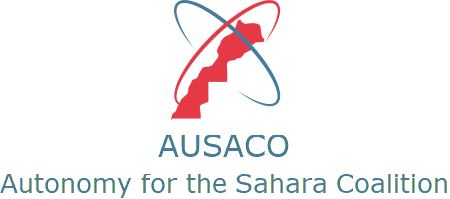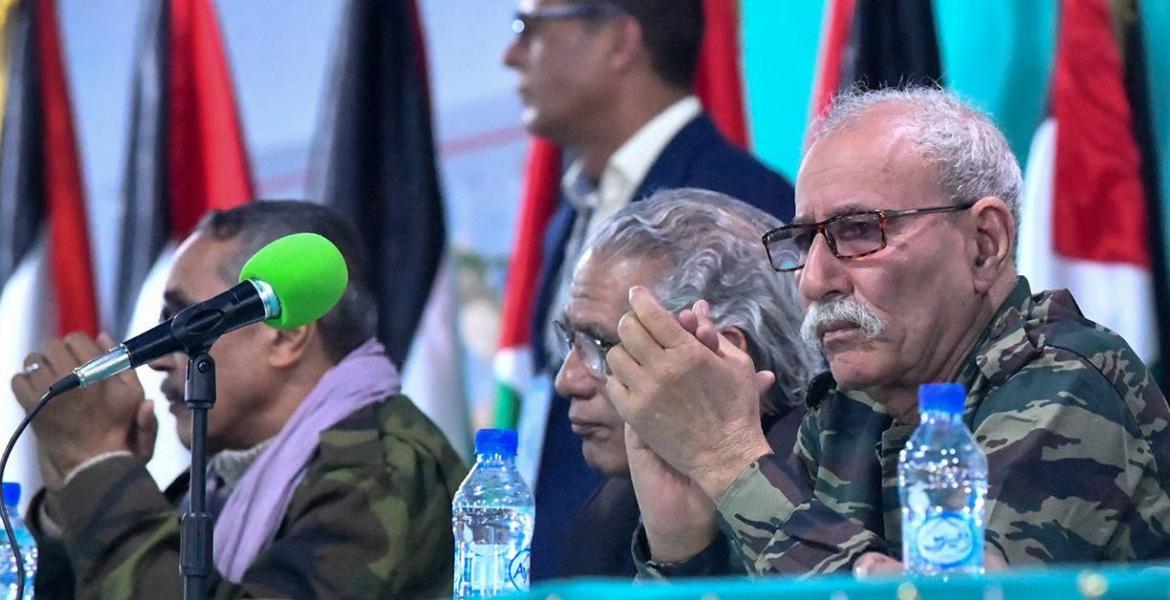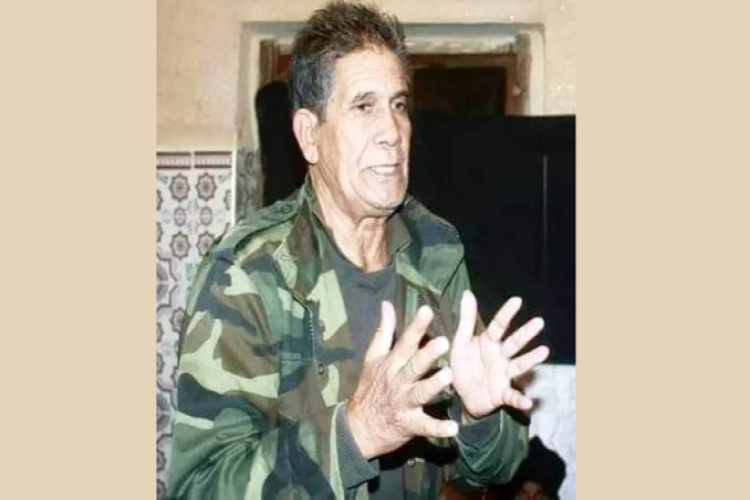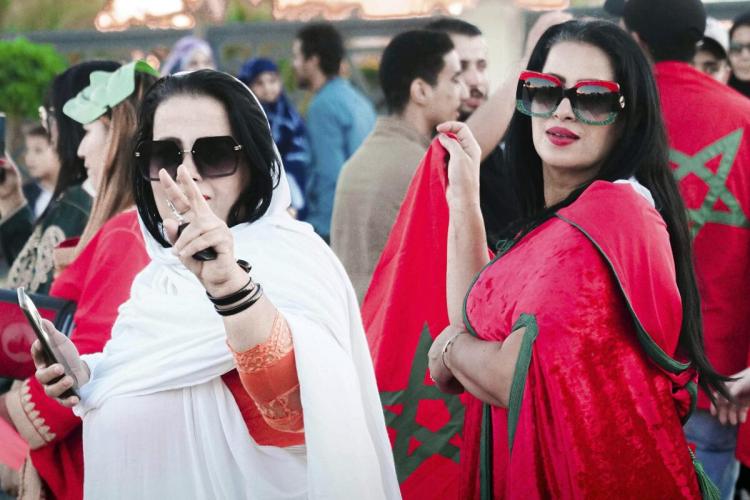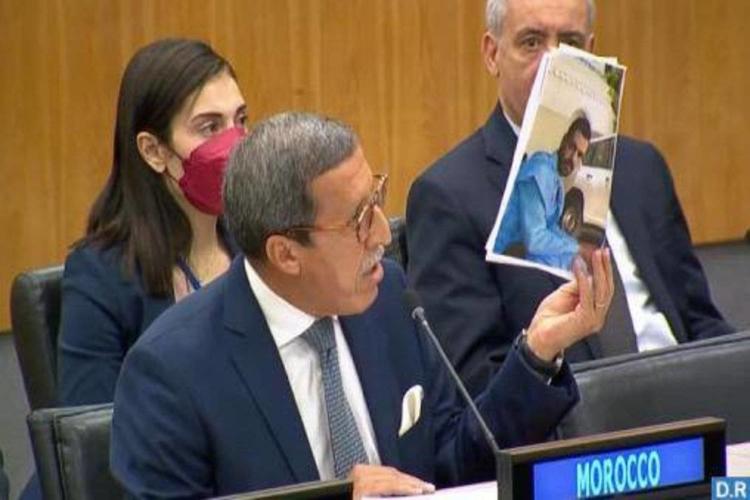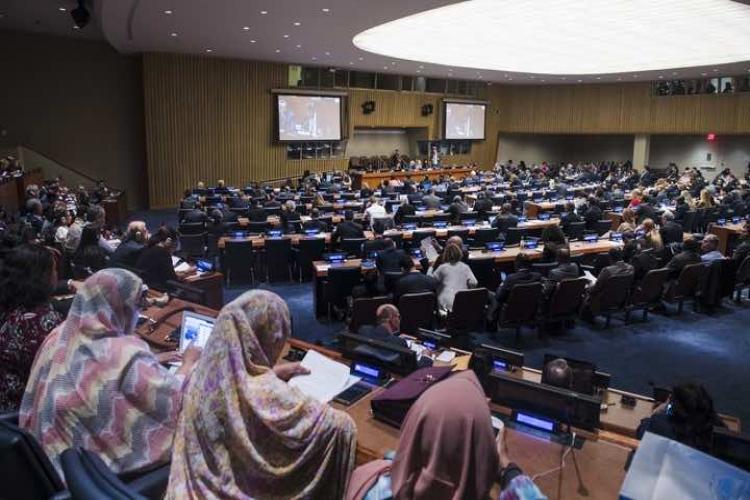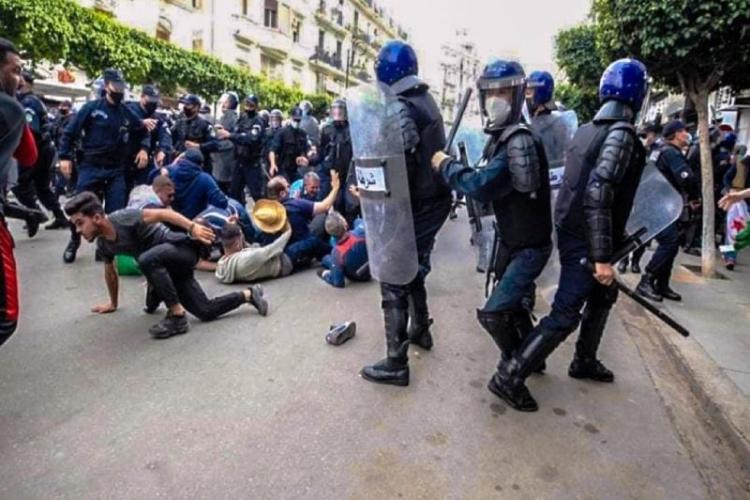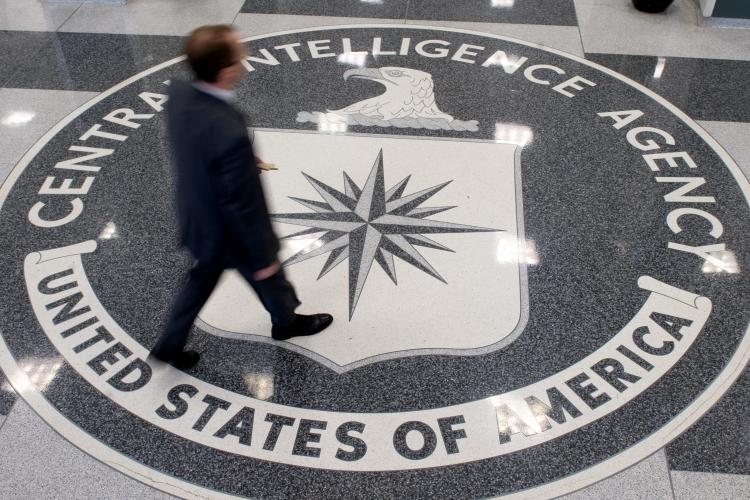The End of the Referendum Myth: The 1974 Census Undermines Polisario's Legitimacy
As time passes, one of the key pillars on which the Polisario Front and Algeria have built their narrative in the Western Sahara conflict is crumbling: the 1974 Spanish census. Today, more than fifty years later, this dataset is no longer valid as a basis for any referendum on self-determination. Most of those registered are deceased, and the Polisario can no longer prove that its current members have any genuine link to the territory.
A Biased Census in a Colonial Context
Since the 1990s, the United Nations, through MINURSO, has used the Spanish census of 1974 as the electoral base for a hypothetical referendum. However, this approach has been fiercely contested by Morocco, which viewed the census as manipulated, politically biased in favor of the Polisario and Algeria 🇩🇿.
Francoist Spain, in an attempt to curtail the growing influence of Morocco’s nationalist movement in the region, deliberately excluded areas like Cape Juby (Tarfaya)—historically part of the Saharan identity—from the Spanish Sahara province. Pro-Moroccan Sahrawi tribes and figures were left out of the census, while notables trained by Spanish authorities were promoted.
Spain’s undeclared goal was clear: to create a client state near the Canary Islands, dressing it up as a product of "self-determination" through a manipulated vote.
An Obsolete and Illegitimate Demographic Base
Out of the 73,497 Sahrawis registered in 1974, only about 47% are still alive in 2025, based on estimates using WHO data and mortality rates from both Tindouf camps and Morocco’s Saharan regions.
The majority of the surviving individuals are over the age of 50, and their descendants are often untraceable, having emigrated to Europe or Latin America, where they acquired new nationalities—severing their legal and cultural ties with the Sahara.
Even worse, the inhabitants of the Tindouf camps have never been recognized as refugees under international law: they hold no identity documents or refugee cards, as Algeria has always blocked the UNHCR from conducting any census.
Independent observers, including former UN diplomats, have documented the presence of many foreign nationals from Mauritania, Mali, and southern Algeria in the camps—deliberately added to inflate the Polisario’s numbers.
A Call to End Morocco’s Amnesty Policy
Given this reality, many analysts are now calling on Morocco to end the "amnesty and return" policy established by the late King Hassan II. They argue that the time for reconciliation has passed and that the true origins of those still claiming Sahrawi identity are highly questionable.
By contrast, the real Sahrawis are those who live in the southern provinces of Morocco 🇲🇦. They are socially and economically integrated, hold Moroccan identity documents, participate in elections, and benefit from public services.
A Realistic Political Solution: Autonomy
As the foundation of the referendum becomes increasingly shaky, the international community is shifting towards realistic and durable solutions, chief among them the Moroccan autonomy plan, which has received support from major powers like the United States, Spain, Germany, and the United Arab Emirates.
This plan offers local democratic governance to Sahrawis while preserving Morocco’s territorial integrity and ensuring regional stability.
Algeria’s Shadow Behind the Conflict
The conflict could not have endured this long without Algeria’s active involvement. Since the 1960s, the Algerian regime identified Tindouf as a future rear base for the Polisario and encouraged certain Sahrawi tribes to settle there.
Declassified documents now reveal that the FLN (National Liberation Front) in Algeria had secretly collaborated with Francoist Spain, aiming to prevent Morocco from recovering its historical territory. In the 1970s, while President Houari Boumediene assured King Hassan II that Algeria had no hostile intentions, he was covertly working with Spain and Libya under Gaddafi to arm and build up the Polisario.
A diplomatic double game that fueled a proxy conflict, with oil-rich Algeria and Libya attempting to drain Morocco into a war of attrition in hopes of weakening the monarchy and destabilizing the country.
Conclusion
Fifty years on, it is clear that the foundation of the Western Sahara conflict rests on a discredited census, a fabricated population, and a political project driven more by Algeria’s regional ambitions than by genuine local demand.
Morocco, for its part, continues to pursue a peaceful, modern, and realistic path, proposing a broad autonomy initiative under Moroccan sovereignty—a solution increasingly seen by the international community as the only viable way forward.
The time has come to admit that the Sahara cannot remain frozen in colonial-era fiction, nor held hostage to a rigid Algerian agenda.
